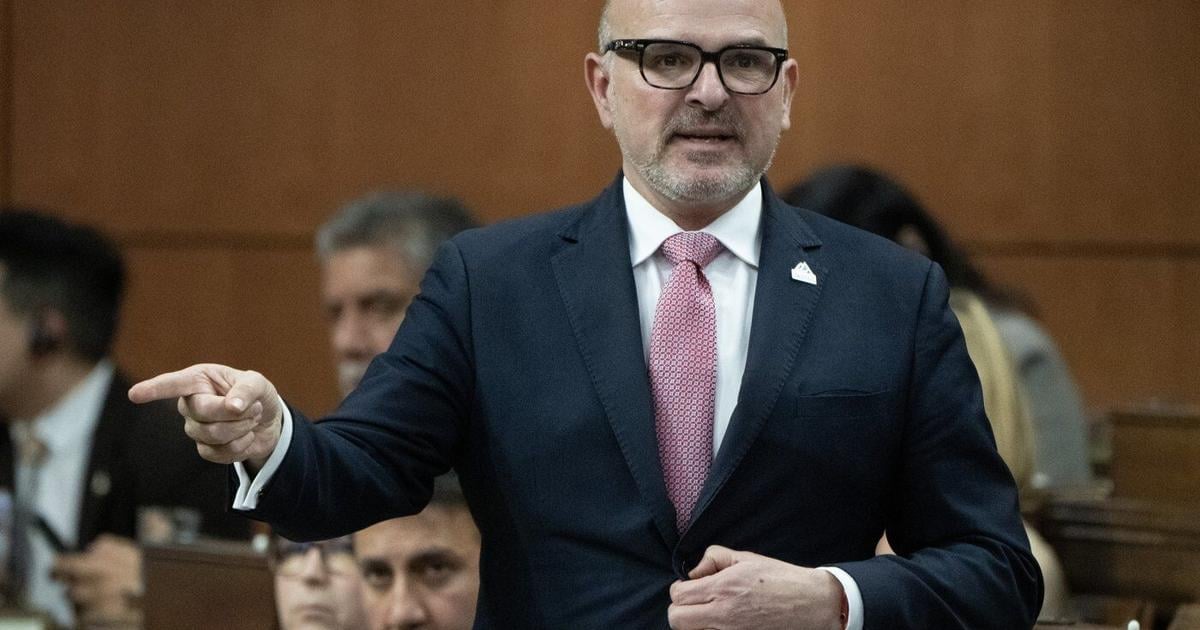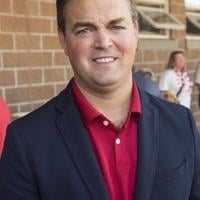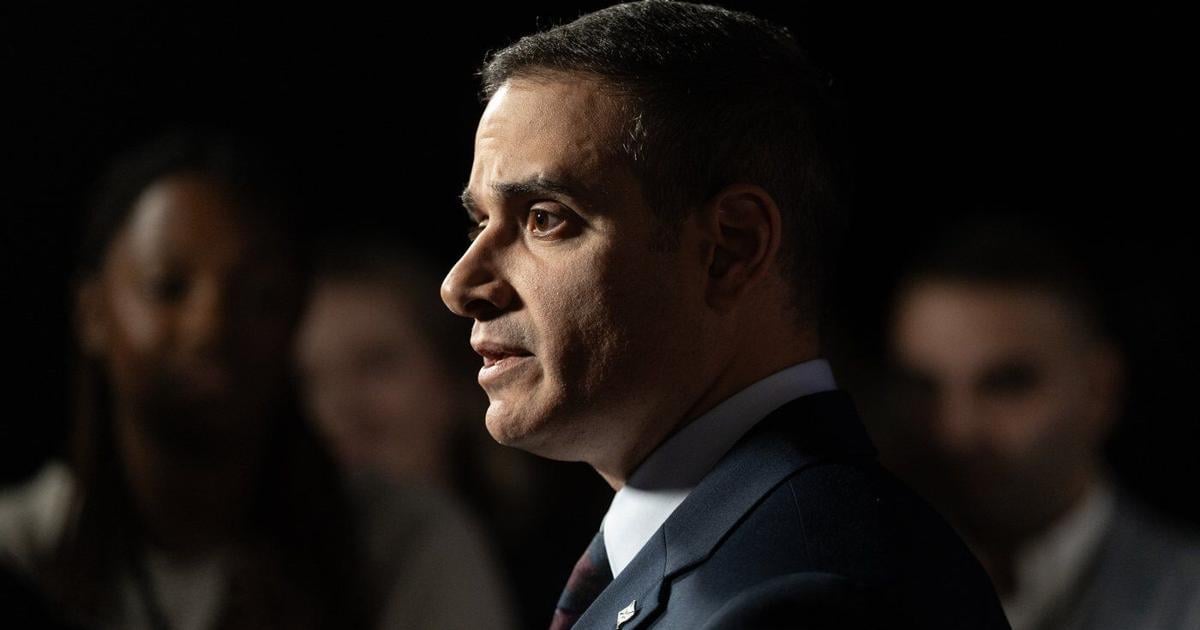OTTAWA – Randy Boissonnault is leaving his post as employment minister in Prime Minister Justin Trudeau’s Liberal cabinet after weeks of questions about the Edmonton MP’s shifting claims of Indigenous identity and his business dealings.
“The prime minister and MP Randy Boissonnault have agreed that Mr. Boissonnault will step away from cabinet effective immediately. Mr. Boissonnault will focus on clearing the allegations made against him,” a statement from the Prime Minister’s Office said on Wednesday.
Veterans Affairs Minister Ginette Petitpas Taylor will temporarily take on his cabinet portfolios. He was also the minister responsible for official languages.
The Canadian Press has sent an interview request to Boissonnault but he did not immediately respond.
Boissonnault has been under intense scrutiny after reporting from the National Post that raised questions about his past claims of Indigenous heritage.
The newspaper reported that a company he previously co-owned had applied for government contracts and claimed to be Indigenous-owned.
Boissonnault has been described as Indigenous multiple times in communications from the Liberal party and in 2018 referred to himself as “non-status adopted Cree.” He also said his great-grandmother was a “full-blooded Cree woman.”
He has since clarified that his adoptive mother and brother are Métis.
Boissonnault apologized for his shifting claims last Friday.
Both the Conservatives and NDP called on him to resign this week.
On Tuesday, Trudeau said Boissonnault had addressed questions about his identity.
Conservative Leader Pierre Poilievre kicked off question period in the House of Commons Wednesday by lambasting the prime minister for standing by Boissonnault.
The statement announcing Boissonnault’s departure from cabinet was released minutes before question period began.
“Up until a minute ago, (Trudeau) had a minister with a double identity,” Poilievre said, before posing the question, “Why is it he always stands up for corruption on his own side?”
“The member for Edmonton Centre has stepped down from cabinet to focus on clearing these allegations,” Trudeau responded, before launching into an attack of his own on Poilievre.
Métis NDP MP Blake Desjarlais, who called for Boissonnault to resign on Tuesday, told reporters the minister’s resignation is “welcome news” for Indigenous Peoples across the country.
“If you pretend to be Indigenous for the purpose of accessing Indigenous benefits, funding or prestige, you will be found out. We will find you. We will ensure that your reputation and the benefits you’ve received from pretending to be Indigenous are removed,” he said.
“It’s unfair for so many Indigenous people that have done everything right. It’s time that Indigenous people get more justice. This is the time to do it.”
Several Liberal MPs reacted to the news on Wednesday with kind words for Boissonnault, including Northern Affairs Minister Dan Vandal, who said in French that his colleague had always been an ally to the Liberal Indigenous caucus.
Health Minister Mark Holland said the allegations had become a distraction in cabinet and that it was a good choice for Boissonnault to step away and focus on challenging them.
MP Jaime Battiste, who is Mi’kmaq from Eskasoni First Nation, accused the Conservatives of “weaponizing” the stories about Boissonnault in recent weeks.
“Their antics have become a distraction in the House,” he said.
As for him leaving cabinet, “It’s probably the right decision,” he said.
“I think things happened the way they were supposed to happen,” Bloc Québécois leader Yves-François Blanchet told reporters outside the House of Commons, while criticizing the Conservatives for continuing to press the issue in question period even after the news broke of Boissonnault’s resignation.
Assembly of First Nations National Chief Cindy Woodhouse Nepinak said in an interview that all MPs need to be held accountable, and that if something “doesn’t seem ethical or doesn’t feel ethical, it’s probably not ethical.”
At the centre of the concerns raised about Boissonnault in recent weeks is the Liberal government’s Indigenous businesses directory.
The directory provides the federal government with names of businesses they could consider using to meet its Indigenous procurement target, which states a minimum five per cent of the total value of government contracts should be held by Indigenous-owned businesses.
Indigenous Services Minister Patty Hajdu told a House of Commons committee on Tuesday that the company Boissonnault founded was not listed on that directory.
“These loose standards are hurting First Nations,” Woodhouse Nepinak said, adding that the government needs to work toward closing gaps that are allowing people to claim Indigenous identity because they see some kind of economic benefit, despite not having legitimate claims to communities.
“All of a sudden, because there’s an economy — a little, small piece of an economy — attached to that (identity), there’s opportunists out there that are trying to jump on and pull that all apart,” she said.
“And it’s hurtful. It’s hurtful to this country, particularly to First Nations entrepreneurs, people and businesses that are trying to make it in a really tough market.”
MPs passed a motion on Tuesday for Boissonnault to appear as a witness at the House of Commons committee on Indigenous and Northern affairs for at least two hours to discuss his business dealings and claims to Indigenous identity, along with Procurement Minister Jean-Yves Duclos.
Boissonnault is expected to appear at the committee before Dec. 17.
This report by The Canadian Press was first published Nov. 20, 2024.

























